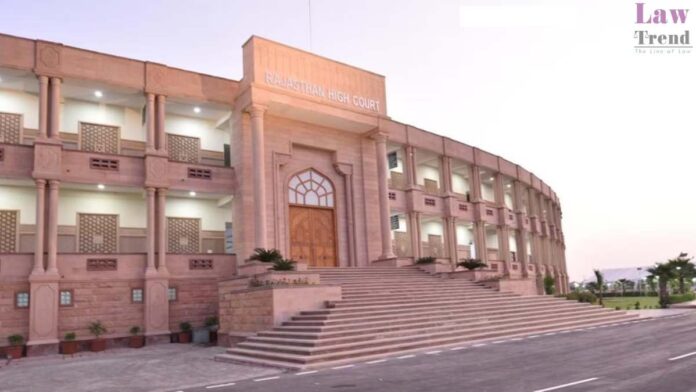Emphasizing the primacy of personal liberty under Article 21 of the Constitution, the Rajasthan High Court has ruled that the mere pendency of a criminal case cannot be grounds to deny a citizen’s right to travel abroad—particularly for religious purposes.
Justice Anoop Kumar Dhand made the observation while directing the Regional Passport Office (RPO) in Kota to reconsider its decision to deny a passport reissuance to a 61-year-old man, Mohammad Muslim Khan, who intended to travel to Mecca and Medina for Hajj pilgrimage.
The RPO had rejected Khan’s application in May on the grounds that criminal cases under Sections 498A (cruelty by husband or relatives) and 406 (criminal breach of trust) of the Indian Penal Code were pending against him. This, the court said, was not a valid reason to curtail the petitioner’s fundamental rights.
“Pendency of criminal case under Sections 498-A and 406 IPC cannot be a ground to deny permission to the petitioner to travel abroad for the religious purpose,” the court held.
The High Court criticized the passport authority’s casual rejection and highlighted that the local trial court had already granted Khan liberty to approach the RPO for reissuance of his passport.
In a strongly worded judgment, Justice Dhand invoked the landmark Supreme Court verdict in Maneka Gandhi v. Union of India (1978), reiterating that natural justice, fairness, and due process are essential to any executive decision-making. He stated that “natural justice is not a creation of the Constitution but inherent in human values,” and any arbitrary action would be unconstitutional.
Reiterating that “every citizen has the right to go abroad,” the court warned against imposing vague or arbitrary restrictions that violate constitutional freedoms. It also noted that the passport authority failed to act reasonably in the absence of a clear judicial order.
To avoid similar issues in the future, the High Court directed all subordinate courts in the state to pass specific and unambiguous orders in cases involving international travel during the pendency of criminal matters. It also ordered that these directions be circulated to all judicial officers for strict compliance.




